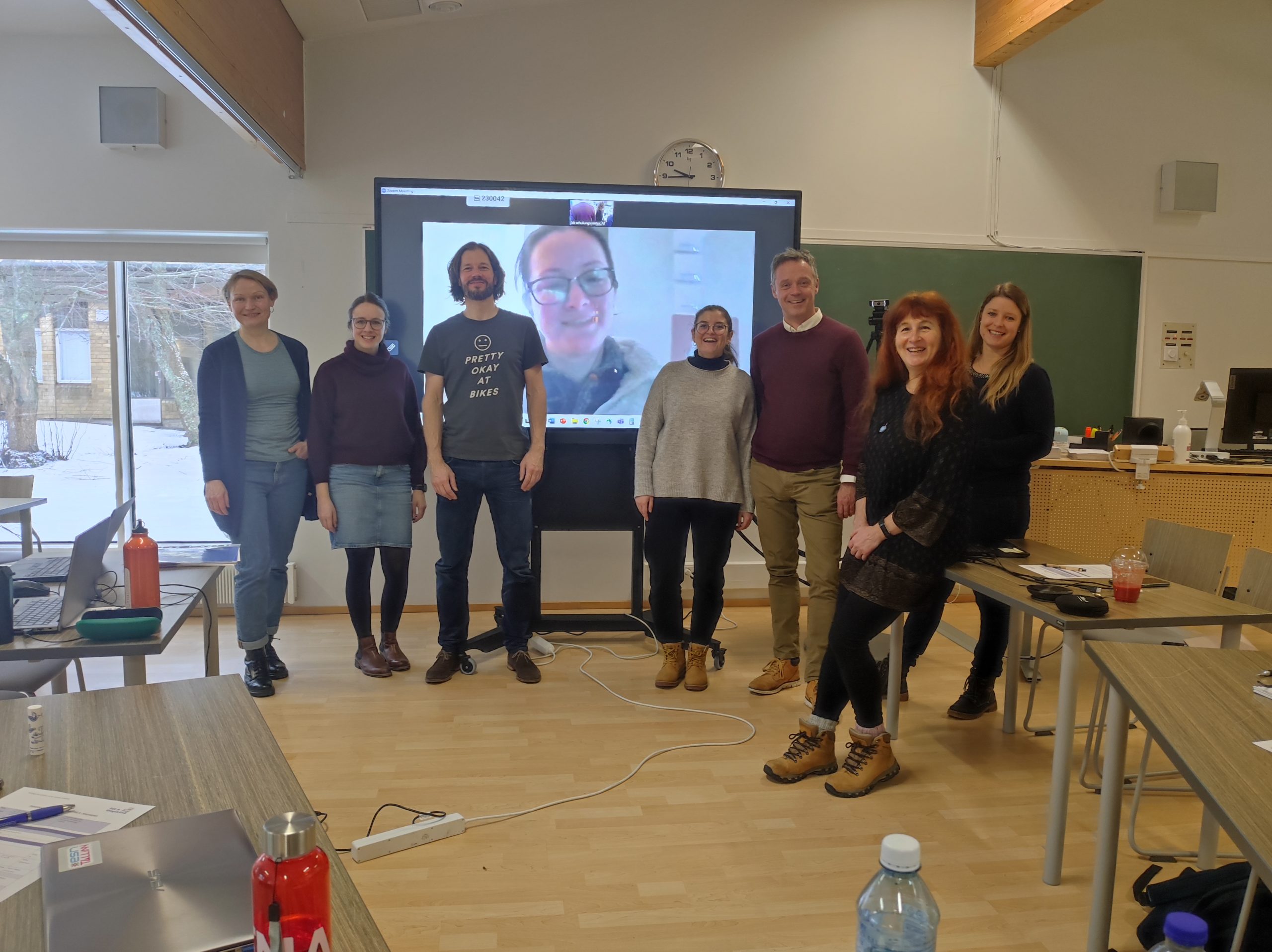Quiz shows on TV, quiz apps on your smartphone or tablet but also good old-fashioned quiz cards or board games such as Trivial Pursuit are still hugely popular with all age groups. They are entertaining, they can be competitive, but their common denominator is this: you can win with knowledge – some winners even became millionaires!
So why not make use of this in language teaching? As a matter of fact, using quizzes in lessons is nothing new. They are an extremely popular teaching tool for various reasons:
- Quizzes are a welcome distraction from a normal class. They are fun and offer a different approach to studying. Students are usually familiar with the rules, and they approach them with a positive attitude.
- They are highly motivating. Most students have the desire to impress with what they know, but don’t want to be perceived as nerds or teacher’s pets. A quiz allows them to avoid a negative image and shine in order to help their team win.
- If you decide on a team format, quizzes can also successfully be used to improve the social skills of your students. Fairness, discussion among team members and camaraderie are encouraged.
TIP: Ensure that the teams are of equal ability since it can be demoralising to lose by a very high margin! A close contest is much more exciting.
- The appealing nature of a quiz allows you to liven up less interesting content. Therefore, quizzes are often used to check on grammar, spelling or difficult vocabulary.
- To some degree all quizzes are tests. In contrast to most other ways of testing the prevailing feeling during a quiz is (or should be!) fun and not stress or fear of failure. Multiple choice quizzes take away a lot of pressure to find the correct answer and a joker element may be introduced to the game in order to give a team a second chance.
- Finally, a fact that is often overlooked: Quizzes are also entertaining for the teacher. There is nothing wrong with having fun during your own lesson – as a matter of fact your own satisfaction with a class well taught will have a positive effect on your students.
Before you start assembling a quiz for your lesson it is useful to ponder a few very basic questions:
WHAT IS MY KEY OBJECTIVE?
Make sure you have a clear idea of what you want to achieve with your quiz. Do you want to revise content and find out where students have gaps in their knowledge? Is your aim to prepare students for an upcoming test? Do you wish to introduce new material and find out what prior knowledge your students bring to the table? Or are you merely looking for a fun activity?
How you phrase your questions and which quiz format you select will depend on what you want to accomplish. Depending on your objective it may or may not be useful to include pictures, create fill-in exercises, compose multiple choice items, etc. Questions could focus on details or a more global understanding of the material. It is also crucial to decide which mode of playing is best suited for your intended purpose, team play or individual challenge.
TIP: Once the students are familiar with the format you could set them the task to create a quiz themselves! This requires an in-depth examination of the subject as well as knowledge transfer. In addition, it enhances understanding of the material and supports information retention.
HOW MUCH TIME IS NEEDED?
This is most important if you want to play during your lesson. There is nothing worse than having to end a quiz just before you have a winner because your online class is over. Also don’t forget that it takes time to explain the game and form the teams. It is vital that the rules are clear to everybody and agreed upon to prevent heated discussions later on. Setting a time limit for giving the answers is generally also a good course of action, but you should be aware that depending on the size of the teams it needs to be long enough to allow for proper discussions and short enough to prevent students from being idle.
TIP: Try out the quiz yourself with friends or family and find out how long it takes. If necessary, reduce or increase the number of questions.
TIP: With enough time on your hands, you might want to start off by allowing groups to come up with a (funny) name for their team instead of just using numbers or letters for distinguishing between them. You could also grant a bonus point to the team with the most creative name.
HOW SHOULD WRONG ANSWERS BE CORRECTED?
Online quizzes usually have built in features for correction which can be personalised. You can include a little motivating message or add smileys or a thumbs up. However, you may also want to consider other options such as a second team / a second player coming up with the correct answer or the quiz master (i.e. the teacher) providing the information.
It is very important to mark wrong answers clearly and unambiguously. For a quiz to be a successful teaching tool, all students ought to know in the end what the correct solutions are.
WHAT DO STUDENTS NEED TO PARTICIPATE?
Many quizzes such as kahoot require students to use a smart phone or a tablet, for some you need to download an app whereas others can be simply played online. In the digital classroom this should not pose problems, however you must ensure that all students have the technical requirements (browser, updates, downloads, …) necessary for participation.
Once all these questions are dealt with you can choose from a wide variety of web applications to create your quiz. Bear in mind that a lot of them also offer existing quizzes so it might not even be necessary to compose your own questions. Many websites also require a registration free of charge for teachers if you want to use their service.
The following list provides only a starting point. Try the various programmes and see what you feel most comfortable with!
The number one among online quizzes offers a free basic version as well as a fee-based advanced version. Multiple-choice, simple-choice and yes or no questions can be generated for group or individual use. Questions need to be displayed on a shared screen. There is no need for students to register but they merely enter the quiz code to participate. Alternatively, students can play a quiz individually with a set deadline to complete the questions.
Similar to kahoot are www.quizizz.com or www.socrative.com
Provides access to many different formats – among others you can recreate the famous Who wants to be a millionaire quiz show. Images can easily be included in your quiz and there is a large number of existing games on various subjects. The design feels a little dated, but it is very easy to use, and you can save your games on the platform.
This website allows you to create an online Jeopardy-style quiz game board. As in real Jeopardy students can pick the subject matter and the level of difficulty.
There are various game templates to choose from, ranging from Memory Match to Jeopardy.
On this website you can create fictitious dialogues for students to be completed by answering quiz questions or fill in gaps. This can be used to prepare for exams or to highlight the most important information in a subject.
Originally a survey tool for webpages this site can also be used for quizzes.
- quizlet.com and www.mentimeter.com are also very easy to use and offer a variety of templates for different quiz formats.




